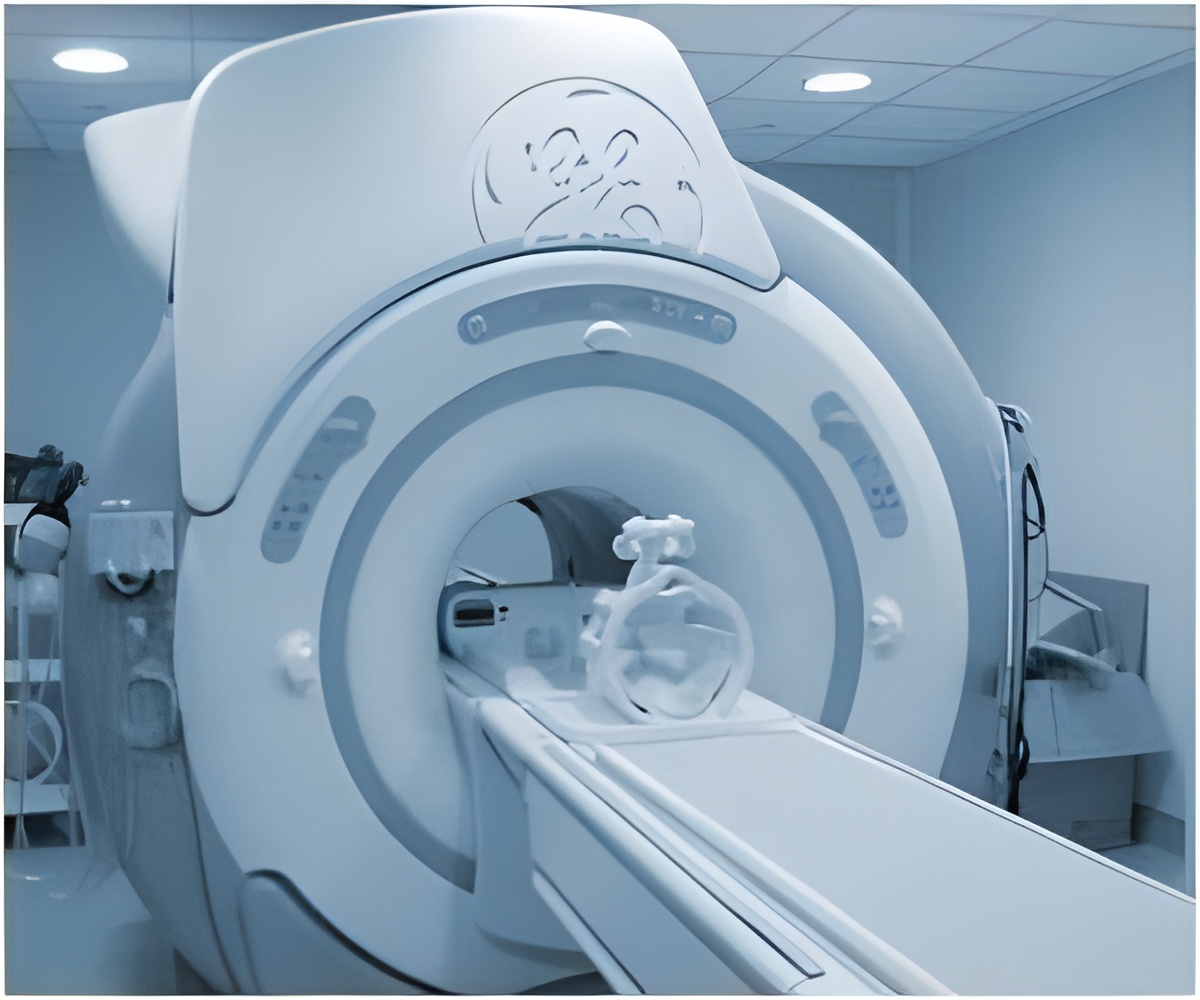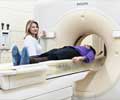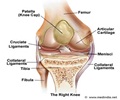
Professor Mathews said: "CT scans were very useful in providing detailed three dimensional pictures to diagnose or exclude disease in internal organs and in most cases, the benefits of having a scan clearly outweigh the risk of a later cancer. Nevertheless, our new findings will remind doctors to order CT scans only when there is a definite medical reason, and to insist that CT scans use the lowest possible X-ray dose'. he said."
"As an individual patient, your risk of cancer from a CT scan is very low. Nevertheless, it is clear from our study that if we reduce the number of scans performed in a large population, and continue to reduce the doses from individual scans, there will be a small but corresponding reduction in the number of cancers in later years."
It is well known that large doses of radiation can damage DNA and increase the risk of a later cancer. However, the radiation doses from CT scans are very small, and there has been uncertainty about whether such small doses would cause cancer, and whether any small increase in risk could be measured reliably.
This study answered questions by linking de-identified Medicare records of CT exposures for the entire population of young Australians, aged 0-19 years between 1985 and 2005, to cancers diagnosed up to the end of 2007.
The risk of cancer increased with the number of CT scans, and the proportional increase in risk was greater for those exposed at younger ages. Nevertheless, as CT usage increased with age, the majority of cancers in this study followed exposures in the teenage years. Although this study did not directly assess the effects of CT exposures after the age of 19, the results suggest that cancer risk will increase following CT scans in adult life.
Advertisement
Advertisement













